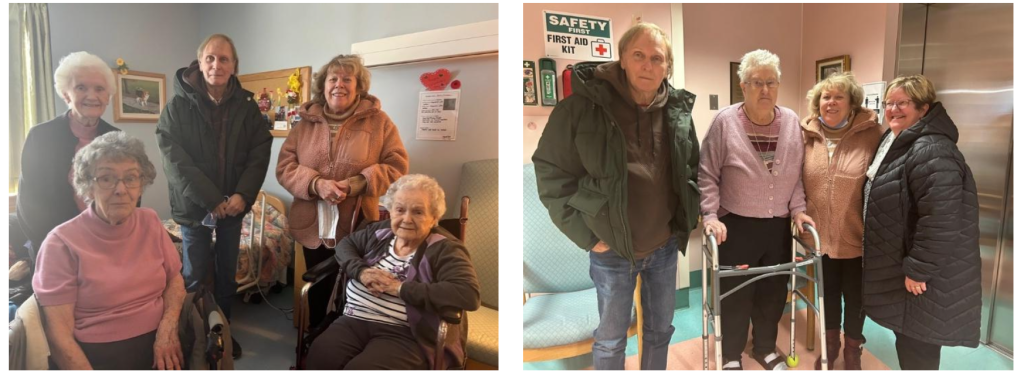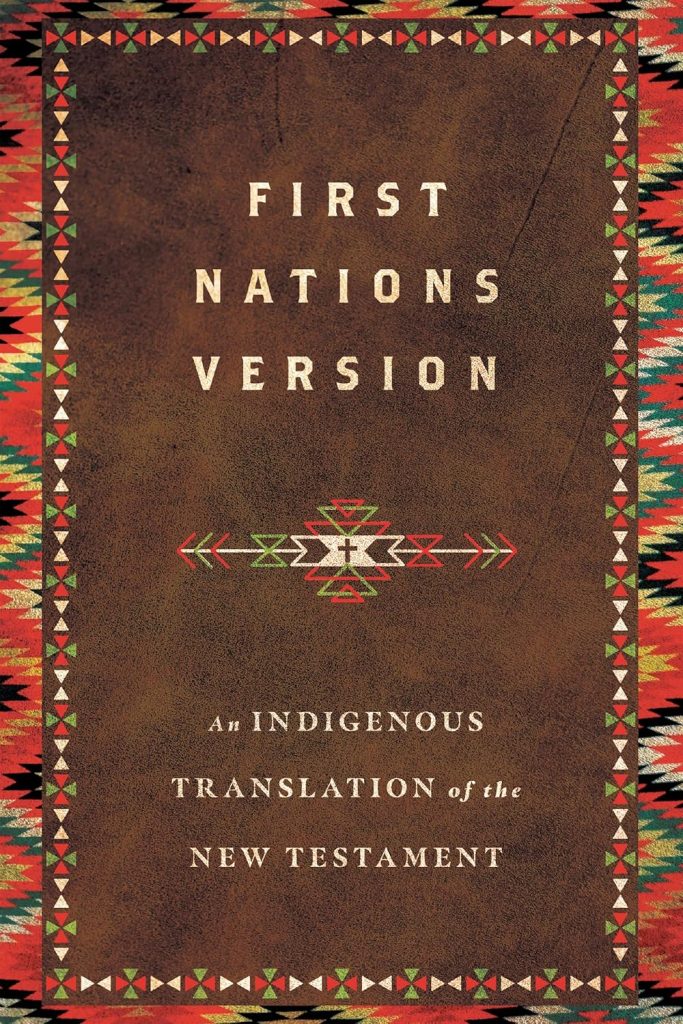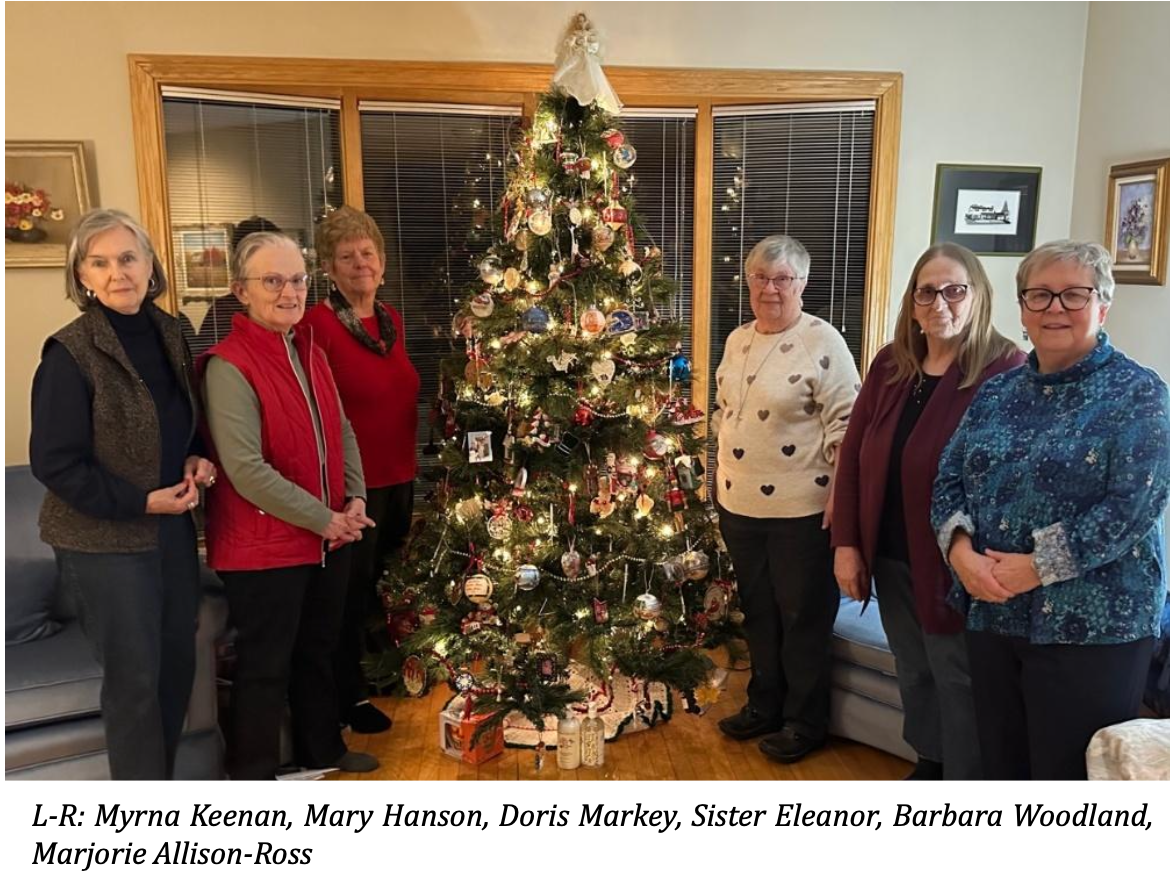News from Visitation Province
WOODSTOCK ASSOCIATES CELEBRATE FEAST OF ST. MARGUERITE
On Sunday, February 2nd, Woodstock Associates gathered with our guest, Sister Eleanor McCloskey. We began with prayer using some of the prayer that was prepared for the International January 12th Feast Day. We also read the reflective poem, “Refugees,” that Anna Rowley included in her Advent letter to Associates. It was written by Paul Millicheap who writes as Brian Bilston.
During our meeting, we shared reflections on Visitation Spirituality. We discussed where we thought the Holy Spirit is prompting the Congregation to go.
Some of the comments that we heard:
“We can’t go back; we have to be open to change.” “The Spirit can’t be stopped.”
“Synodality is mutual listening and valuing the view of the other.” “Value the primacy of the human person.”
As we closed the meeting, we spoke about Hope, this year’s Jubilee theme and prayed Pope Francis’ Prayer of Hope. Then we enjoyed a potluck supper.
Marjorie Allison-Ross, Woodstock Associate
SYDNEY, NS, VISITATION

On February 4, 2025, Sydney CND Associates continued their lived “visitation” with their CND Sisters at the CND Health Care Centre. This was a joyous occasion for Dianne, Theresa, and Patrick as they were greeted by CND Sisters Geraldine and Anna Cordeau, with their Associate sister Elizabeth Cordeau along with Sister Joanne MacFarlane. Sister Anna Cordeau is celebrating her 70th year of Consecrated Life with the Congregation of Notre Dame. We thanked her for her gift of religious service.
Dianne MacAskill, Associate Coordinator
BOOK RECOMMENDATION:
FIRST NATIONS VERSION, AN INDIGENOUS TRANSLATION OF THE NEW TESTAMENT

I came across this book quite accidentally/providentially. Each day, I look forward to reading its rendition of the daily scriptures which so often touch and delight me.
The introduction notes that, “this book was birthed out of the desire to provide a translation that connects, in a culturally relevant way, to the traditional heart languages of First Nations people.” Some examples:
The Kingdom of God becomes The Good Road;
Truly, truly I say to you I speak from my heart;
The lost sheep and the lost coin…
The lost lamb and the lost Eagle Feather.
The word ‘sin’ is not used, instead it is called ‘the broken ways’ because the word ‘sin’ evokes memories of residential school where long hair, cultural language and dress were ‘sinful.’
Math 11:23: “Come close to my side you whose hearts are on the ground, you who are pushed down and worn out and I will refresh you.”
Perhaps a good translation for these times?
NOTE: The book is published by InterVarsity Press; by
Rosemary Brosseau, CND
